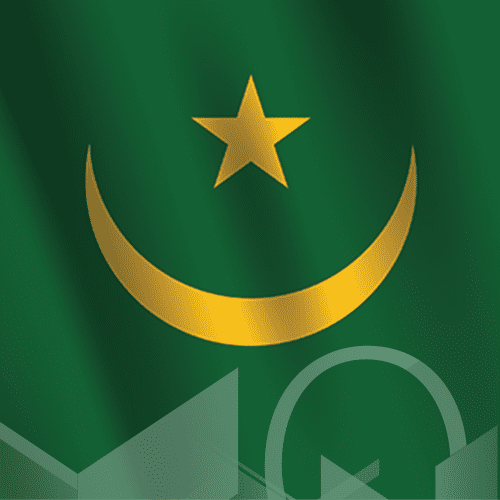
Filter
Sample Reports
Related Links
Mauritania
Mauritania, officially the Islamic Republic of Mauritania, is a country in northwest Africa. It is bordered by the Atlantic Ocean to the west, Western Sahara to the north and northwest, Algeria to the northeast, Mali to the east and southeast, and Senegal to the southwest. It has a land mass of 1,031,000km², a population of 4.9 million and had a GDP of US$10.38bn in 2023.. Mauritania is essentially a desert country, with vast expanses of pastoral land and only 0.5% of arable land.
After gaining independence from France in November 1960a new territorial structure based on a division into regions and communes was adopted. The country held its first multi-party elections in 1992, having previously ratified a new constitution by referendum in 1991. The first fully democratic presidential elections were held in 2007, transferring power from military to civilian rule, following the military coup in 2005. A further military coup occurred in 2008 which ousted the government. Legislative and municipal elections were held on 23 November 2013 and is currently a democracy under President Mohamed Ould Ghazouani.
Mauritania\'s real GDP will expand by 6.5% in 2024 and by 7.9% in 2025, on the back of production of iron ore and gold and investment in offshore gas fields that began production in mid-2024. The biggest find of natural gas in the region was on the maritime border of Senegal and Mauritania where the total recoverable gas resources are estimated to be around 15 trillion cubic feet (tcf). The US Geological Survey estimated undiscovered, technically recoverable resources of 1,880 billion cubic feet (bcf) of conventional gas, and 6,395bcf of shale gas in the Taoudeni Basin in Mali and Mauritania.
Sources: Who Owns Whom sector reports, CIA Factbook, African Development Bank, World Bank, Trading Economics, African Statistical Yearbook and IMF. ?>
Company Profile
There is no data available at the moment
Sector Research
There is no data available at the moment


